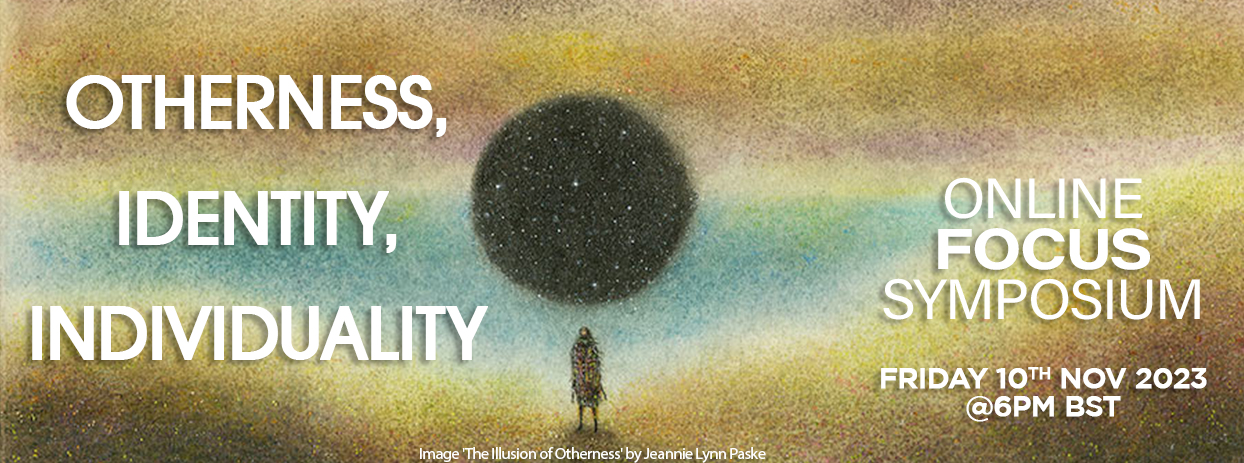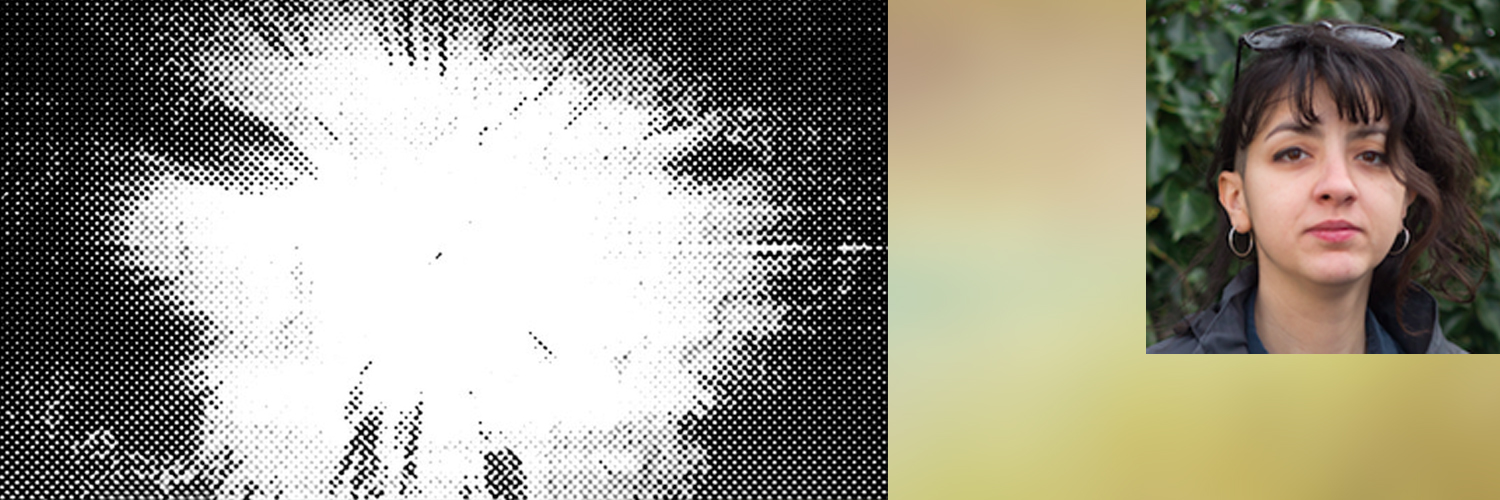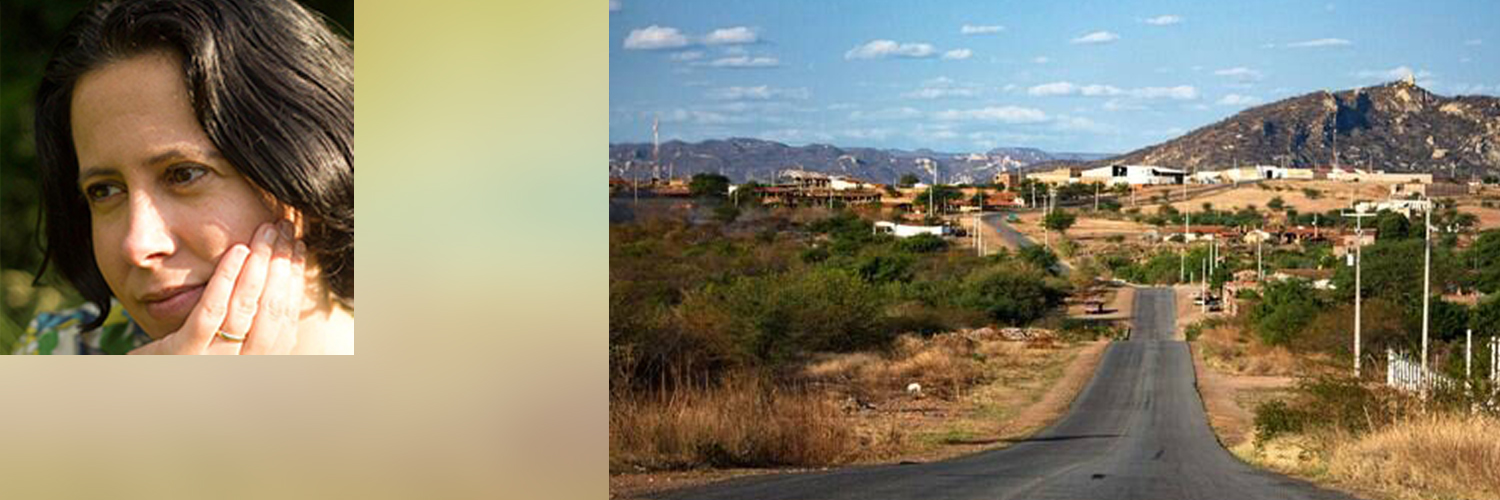In This Section
- Home
- About Us
- Study with Us
- FMT Doctoral Studies
- Research
- CARPE
- Collaborations
- EDI
- People
- Film
- Music
- Theatre

Friday, 10th of November 2023 18:00 BST - Online
Attendance is free but please register by emailing focusothernesssymposium@gmail.com to book your place and to receive a link to the event.
Co- Hosted by: FOCUS Forum on Film and Screen Media Theories and Alphaville: Journal of Film and Screen Media
The process of othering involves categorising people as different from those of the dominant (hegemonic) social group. It is a discursive process that often creates an unhealthy, or disempowering, “us versus them” dynamic. The new power relationship can become a mechanism to justify, propagate or maintain discrimination, marginalisation and alienation. The categorisation of social identities with a view to their rendering as a subaltern group is usually based on religion, gender identity, race, ethnicity, class, disability or sexual orientation. Othering has the potential to dehumanise those that do not or cannot conform as it exaggerates differences, whether real or imagined between participants in the political system. Its principal strategy is the normalisation of discourses of alterity, which it achieves in diverse ways.
Art and cinema have continuously examined questions around otherness as they relate to identity and individuality, and have sought to convey the damage and trauma of othering. They have also attempted to celebrate the strength and perseverance of social participants who have been othered and stigmatised. In this interdisciplinary symposium, hosted by FOCUS Forum on Film and Screen Media, our speakers explore the theme of otherness in relation to cinema, as it enters into dialogue with literature, sociology and philosophy. Our speakers situate their reflections on otherness within the contexts of Eastern Cinema, Subcultural Cinema and Cosmopolitan Cinema.
Tommaso Verga: Othering Kurosawa’s Rashōmon

Abstract: Rashōmon is the film that introduced Akira Kurosawa to the West establishing a Western interest in Japanese cinematography. At the same time, commentators were faced with the challenge of interpreting what they viewed as a film from “another world”. They became aware of the problematic nature of finding an appropriate interpretative approach that respected the film’s cultural background. The range of interpretations produced suggests a kind of tug-of-war between what critics argued to be the extent of Japaneseness versus the extent of Westerness in the film. In this brief study, Tommaso intends to highlight the problematic nature of labelling Rashōmon as precisely either an Eastern or Western text in terms of a cross cultural, intertextual, and interdisciplinary reading of this film.
Bio: Tommaso Verga is a Special Needs teacher in Carlo Calvi High School in Voghera, Italy. He is currently pursuing a PhD in Italian and Film at University College Cork. His research concerns the works of Luigi Pirandello, Orson Welles and Akira Kurosawa. He has a Masters in Italian Didactics and a Masters in Eastern and Western Antiquity. He has a degree in Modern Literature, Film History and Criticism. His research interests include Arts and Humanities from educational, philosophical, and theological perspectives.
Dr Temmuz Süreyya Gürbüz: Punk Aesthetics and Questions of “Other”

Abstract: This paper explores the relationship between the psycho-social concept of “the other” and subcultural environments that claim a close connection to this concept, such as punk. Temmuz will discuss a number of academic and creative punk productions where the experiential differences with regards to “the other” have been generally swept under a reduced image that has been attached to identity politics. Through overviewing studies on punk aesthetics in visual media, e.g. Experimental Filmmaking and Punk (Garfield, 2022), this paper will discuss the ethical charges surrounding the discursive position of “the other” through literary and audio-visual works that are subculturally produced.
Bio: Dr Temmuz Süreyya Gürbüz is a Government of Ireland Postdoctoral Fellow at University College Dublin, working on their monograph Judith Butler and Film (forthcoming 2024). They have a PhD in Film Studies from the National University of Galway where they taught various topics in the field of film and digital media. They have recently been funded by the Arts Council to develop their film practice.
Dr Maria Rovisco: Cosmopolitan Cinema and the Question of Otherness

Abstract: In this talk, Maria argues that cosmopolitan cinema stems from a discursive ethical space in which it is possible to stand in for (but not as) others who are denied access to public representation. Cosmopolitan cinema is predicated in intense negotiations of difference whereby the symbolic borders between self and other, us and them, are challenged and redefined through cosmopolitan dialogue. We will see that one of the key challenges for those involved in the making of cosmopolitan cinema is how to articulate the dignity of the lives of distant and suffering “others” – not as objects of pity – but as fully fledged subjects in the specificity of their culture, history, and place.
Bio: Dr Maria Rovisco is an Associate Professor of Sociology in the School of Sociology and Social Policy at the University of Leeds, UK. She is a non-fiction editor for the literary magazine “The Other Side of Hope – Journeys in Immigrant and Refugee Literature”. She has research interests in cosmopolitanism, arts and citizenship, social movements, migrant and refugee arts, and visual culture. She has recently co-edited Visual Politics in the Global South (Palgrave, 2023), and is currently writing a book on cosmopolitanism, art and the political imagination.
